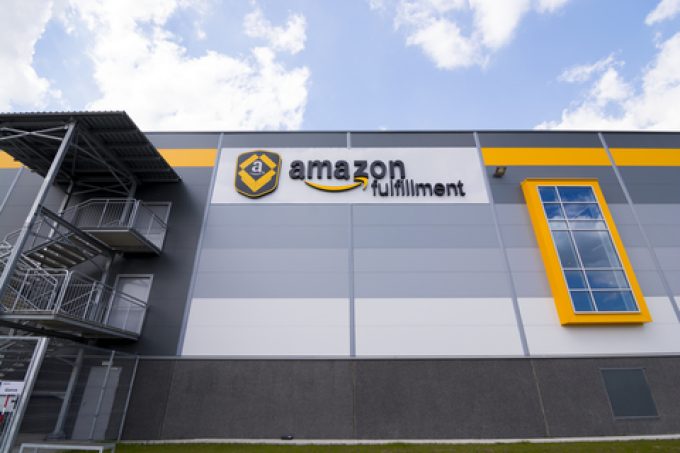FedEx and UPS add 'China fee' ahead of the end of de minimis
In the final weeks before US de minimis exemption for parcels from China ends, UPS ...

Amazon recently extended its pursuit of third-party online sellers to move and store their products to freight forwarders using airfreight, but its latest move is prompting users of its Fulfilment By Amazon (FBA) service to consider alternative providers.
Private networks like Amazon or Walmart have been ...

Comment on this article